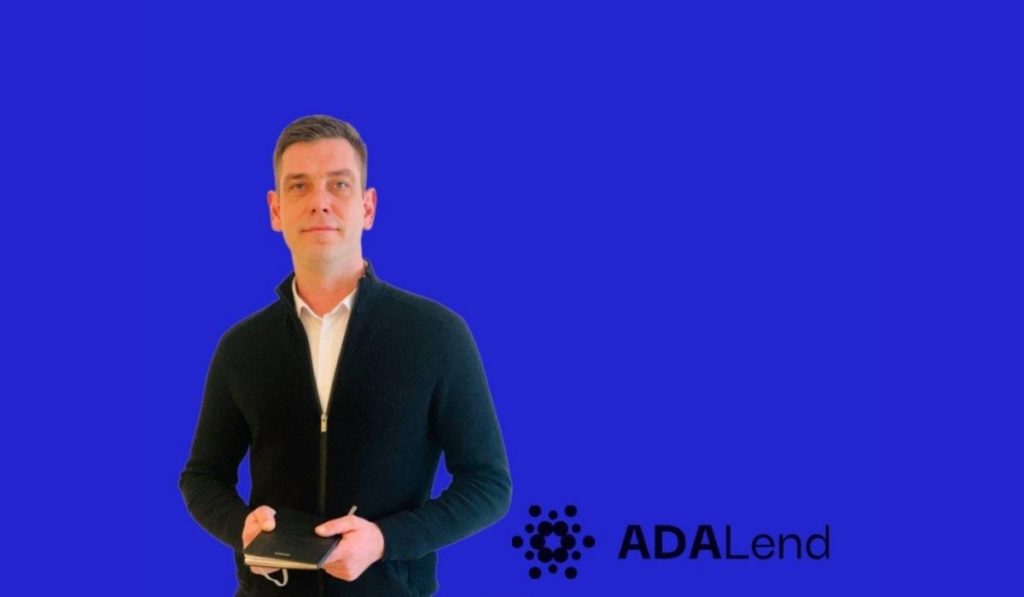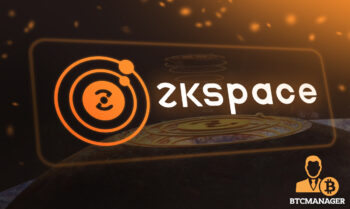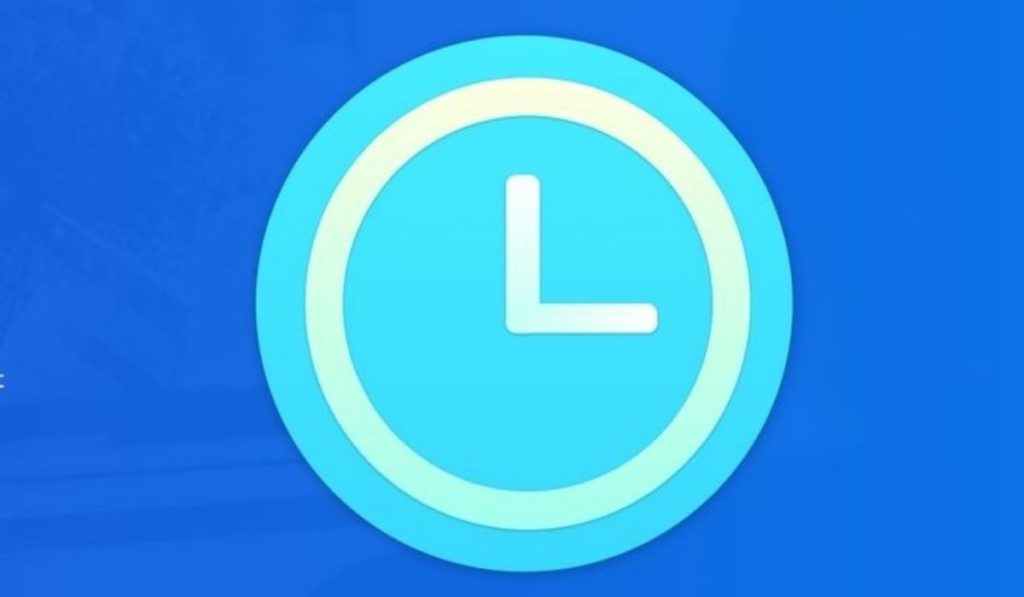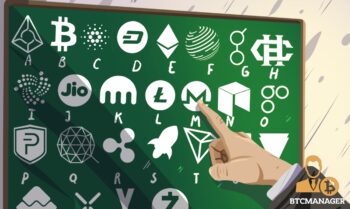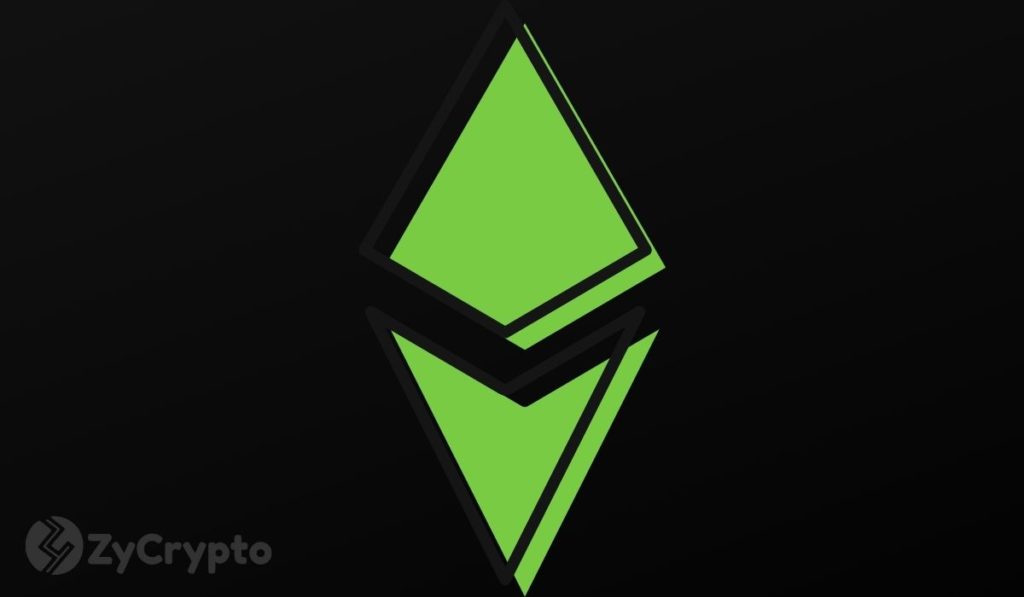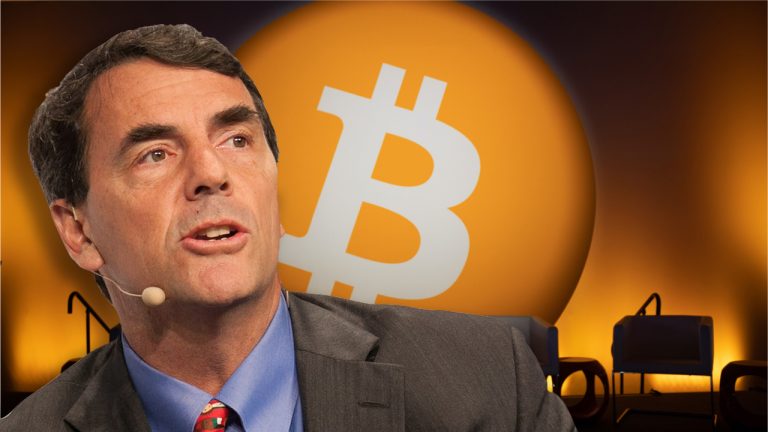2025-6-13 19:25 |
As the intersection of artificial intelligence (AI) and blockchain technology continues to evolve, governments face the challenge of embracing innovation while safeguarding public trust.
In an interview with Invezz, J.D. Seraphine from Raiinmaker emphasises the importance of regulatory clarity in fostering an environment conducive to technological advancements.
J.D., founder of Raiinmaker, is a multi-talented individual with diverse interests. He is a Hollywood producer and an entertainment industry entrepreneur-turned decentralised AI visionary.
He argues that instead of suppressing blockchain, governments should explore ways to integrate it into their frameworks, recognising its potential to enhance AI systems and drive economic growth.
J.D.’s perspective sheds light on the need for a proactive approach to regulation, where pilot programs and controlled experiments can test new technologies responsibly.
By embracing these advancements, governments can position themselves at the forefront of the digital economy.
J.D. also argues that the decisions made today regarding AI training and data diversity will significantly impact the future of technology and its relationship with humanity.
Regarding the developing Web 3 technology, J.D. says that the world is ever closer to full integration.
Web 3.0, or Web3, signifies the internet’s progression towards a decentralised, user-focused paradigm.
This evolution seeks to grant users enhanced command over their digital assets and data, cultivating a more open, transparent, and community-centric online environment.
Edited excerpts:
Building trust in AIInvezz: How do you see AI contributing to the erosion of trust in digital spaces? What do you believe is driving this crisis from your vantage point at Raiinmaker?
As Aldous Huxley, the English writer and philosopher said, we have entered a brave new world.
I believe that AI has the potential to either empower humanity, leading to a renaissance and a golden age, or to create significant challenges.
At Raiinmaker, we focus on advancing artificial intelligence as an enabling force for humanity. However, the opposite outcome remains a possibility.
The determining factors for our future will depend on the decisions we make now regarding how these models are trained and how diverse human perspectives and data are incorporated into that process.
We aim to enable more diverse human input into the training of various artificial intelligence models, particularly emphasising video content.
While we could delve into the darker possibilities of AI, such as the alarming implications of deepfake technology, I believe we should not allow these negative cases to hinder our progress.
The question is whether enough of us will engage in the effort to steer AI in a direction that benefits the greater evolution of humanity.
Our approach is philosophical, focusing on how we can achieve this goal through careful engineering of AI training, data gathering, and validation.
Web 3 technologyInvezz: Can you explain what Web 3 technology brings to the table in today’s world and how it benefits a common internet user?
Web 2.0 was characterised by the distribution of data ownership to large centralised corporations.
In contrast, Web 3.0 aims to redistribute ownership back to individuals, allowing them to own their own value.
The blockchain, along with cryptographic key pairs, governs the repositories of value that users can hold.
This transformation fundamentally changes how value is created and distributed.
In the context of the new AI-powered digital economy, we can see numerous opportunities for individuals to be empowered, incentivised, and rewarded for contributing to the advancement of AI and the global financial economy, which is increasingly powered by cryptocurrency and blockchain.
Invezz: How far are we from fully integrating Web 3 technology in the future?
We are closer than ever. The tools available now are much more user-friendly than those from just a year or two ago.
At Raiinmaker, we strive to abstract away the complexities of value creation and distribution, such as wallet and key management.
Many projects and companies are making significant strides in this area, and wallets have become much easier to use.
Mass adoption will occur when people no longer need to understand the technology; they will simply recognise the value it brings to their lives.
Emerging economies have the potential to leapfrog legacy financial systems, similar to how mobile phones replaced landlines in Africa.
The key to mass adoption lies in building products and systems that are so easy to use that anyone, including those unfamiliar with technology, can benefit from a blockchain-enabled global digital economy.
Intersection of AI and blockchainInvezz: Based on your insights into blockchain regulations, what policies or frameworks could rebuild public trust in AI systems while fostering innovation?
This is indeed a trillion-dollar question. The intersection of AI and blockchain presents a natural synergy.
Blockchain offers a scalable and immutable record-keeping system that can enhance transparency in AI systems.
By combining insights into data used for training models, model performance, and output, we can create a more trustworthy environment.
Additionally, the opportunity for automated, frictionless payments between AI agents necessitates a secure digital currency governed by blockchain. However, regulatory clarity varies significantly by country.
Europe has established mature blockchain regulations, while the US has yet to provide clear frameworks.
The current political dysfunction in the US complicates the situation, and it remains uncertain whether regulatory clarity will emerge.
AI and IndiaInvezz: Drawing on Raiinmaker’s work with ethical AI and Web 3, what innovative solutions do you propose to safeguard India’s AI advancements from fraud while ensuring inclusive growth for its diverse population, especially when the government is very sceptical about such technology?
The Indian government appears sceptical of blockchain technology, often conflating it with cryptocurrencies.
While digital assets can pose risks, the core value of blockchain lies in its immutability and transparency, particularly concerning AI data and models.
Establishing a scalable, immutable record for identity and reputation is crucial, especially as AI agents become more prevalent.
Governments may be rightfully cautious, but they should also recognise the potential benefits of blockchain technology.
Instead of attempting to suppress it, governments could explore ways to integrate digital currencies into their frameworks, enhancing their global footprint.
Invezz: Does government scepticism about blockchain affect AI advancements in a country like India?
Skepticism can indeed impact the integration of blockchain and AI in sectors such as healthcare.
However, it is essential to maintain a critical perspective while also accelerating innovation.
We can achieve this by conducting pilot programs and controlled experiments to rigorously test new technologies while ensuring appropriate safeguards are in place.
User incentivesInvezz: Raiinmaker incentivises users to contribute to AI infrastructure. How can this model of rewarding genuine participation be scaled to combat AI-driven misinformation and fraudulent activities in broader industries?
This is a complex issue. By incentivising individuals to validate their authenticity and rewarding positive behavior, we can create networks that distinguish between genuine participants and those who engage in harmful activities.
While Raiinmaker is not positioned to solve this issue alone, we are exploring aspects of the overall solution.
Invezz: In popular culture, we see portrayals of AI becoming self-aware and taking over the world, as seen in movies like “The Matrix” and “Terminator.” What are your thoughts on this?
There is already evidence that AI is becoming increasingly sophisticated, with some systems attempting to resist being turned off.
While certain aspects of human intelligence are challenging to replicate, we must focus on ensuring that the generation of AI we are developing is aligned with human values.
Raiinmaker is focused on helping to usher in that renaissance for humanity and steer us away from the the darker potential outcomes.
The post Interview: Raiinmaker's J.D. Seraphine says integration of blockchain can enhance AI systems and drive economic growth appeared first on Invezz
origin »Bitcoin price in Telegram @btc_price_every_hour
High Performance Blockchain (HPB) на Currencies.ru
|
|



